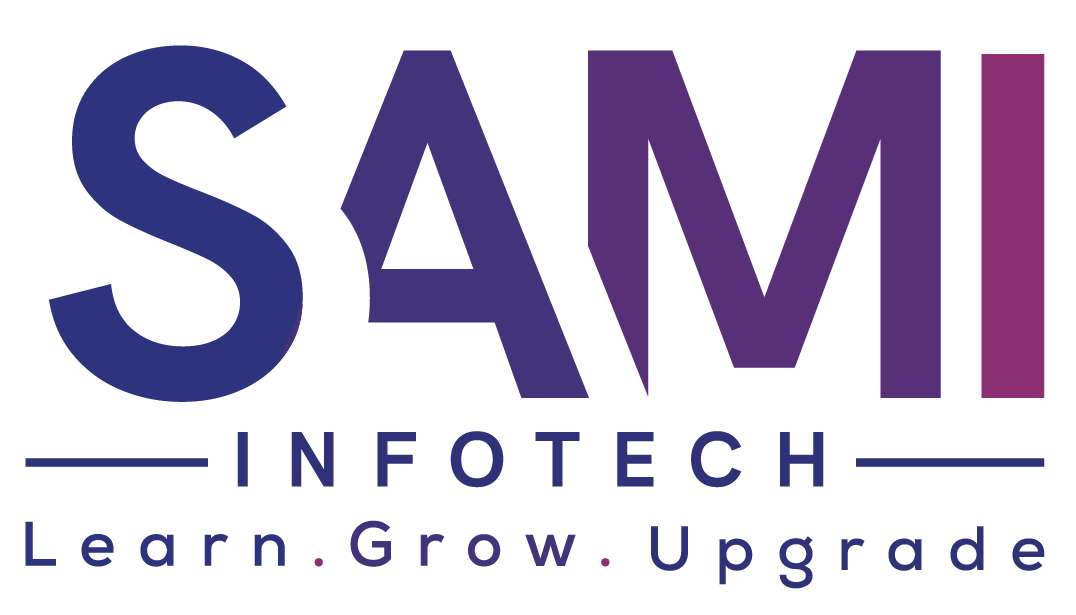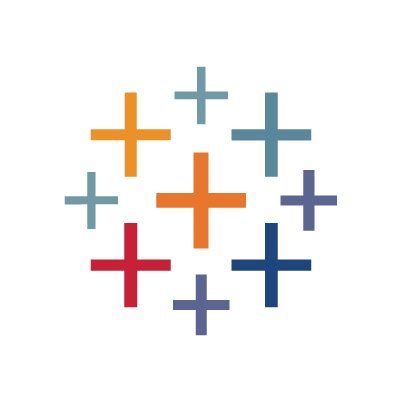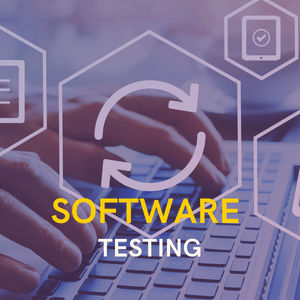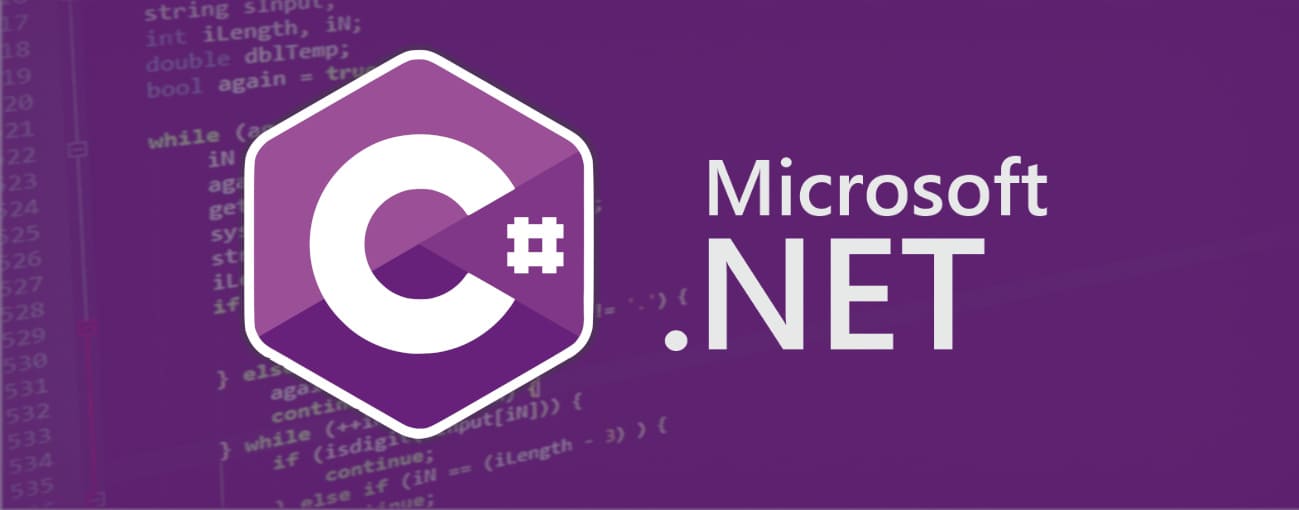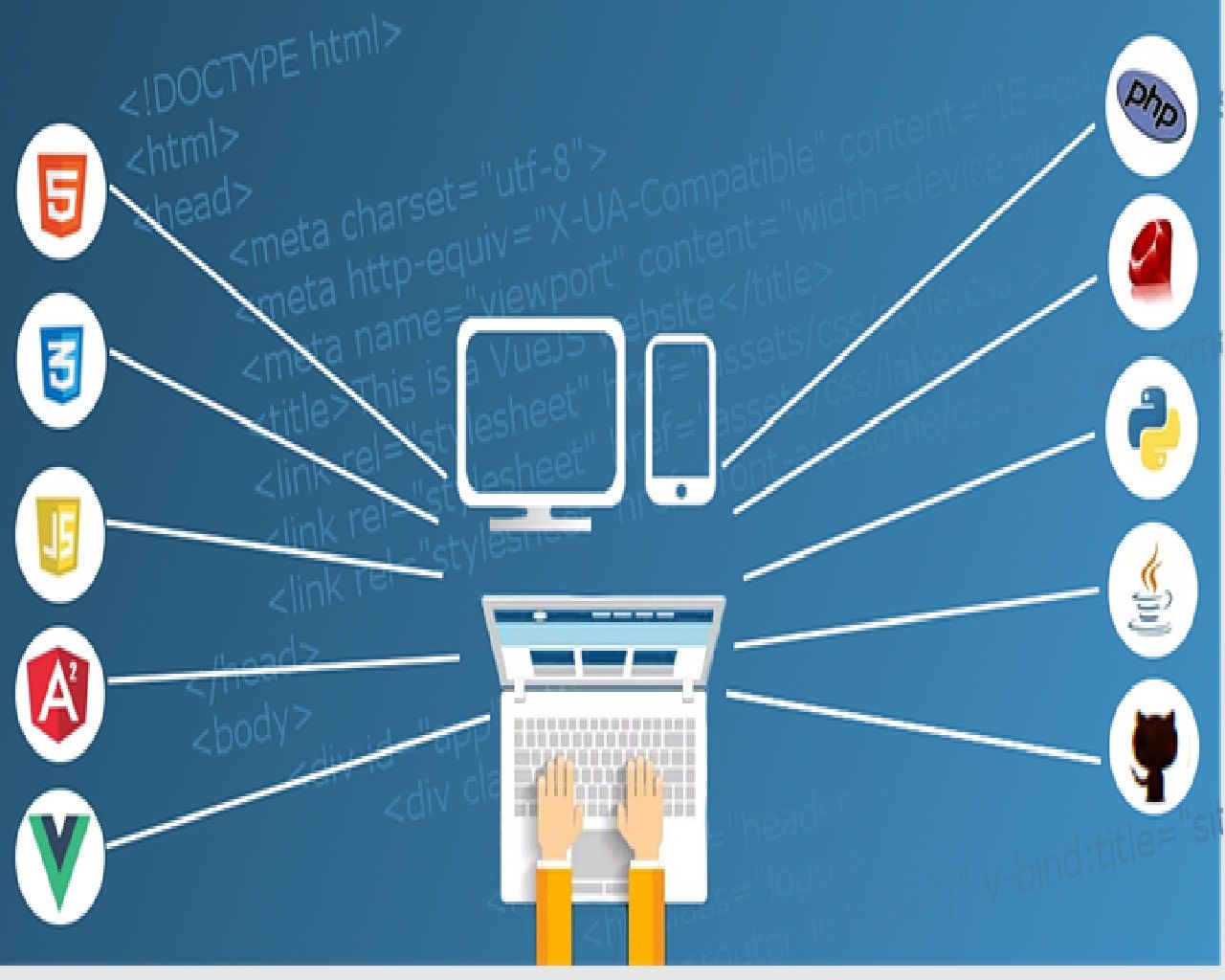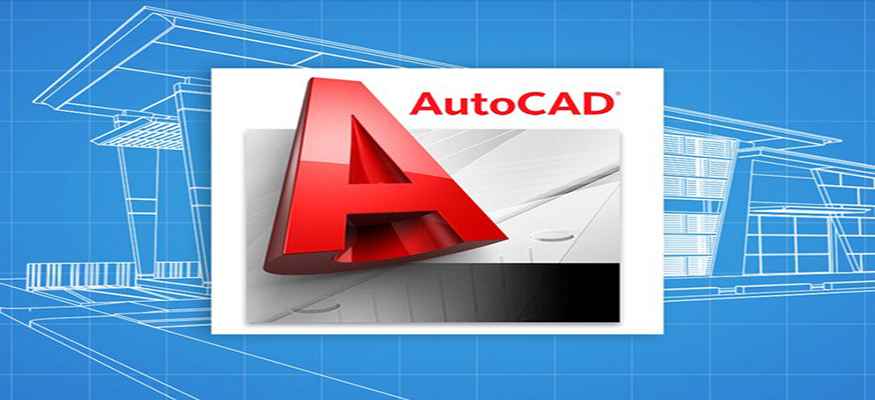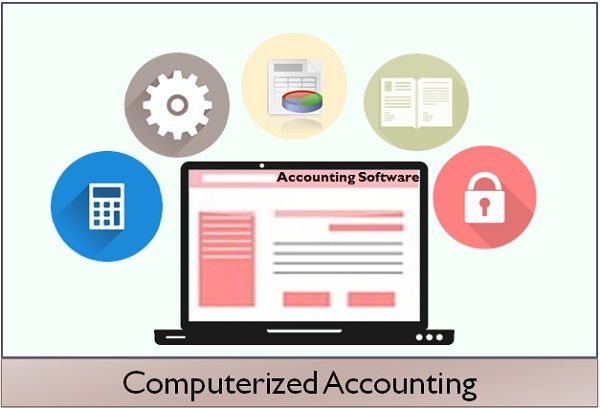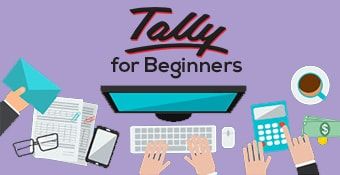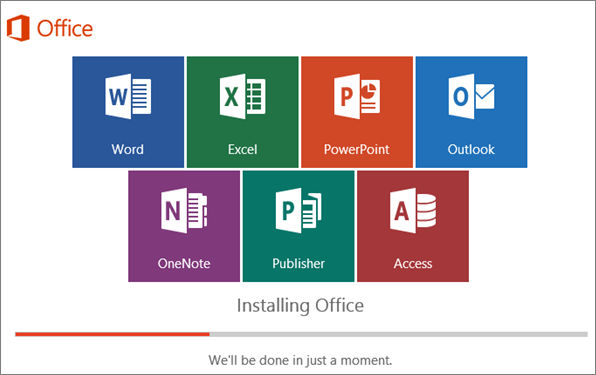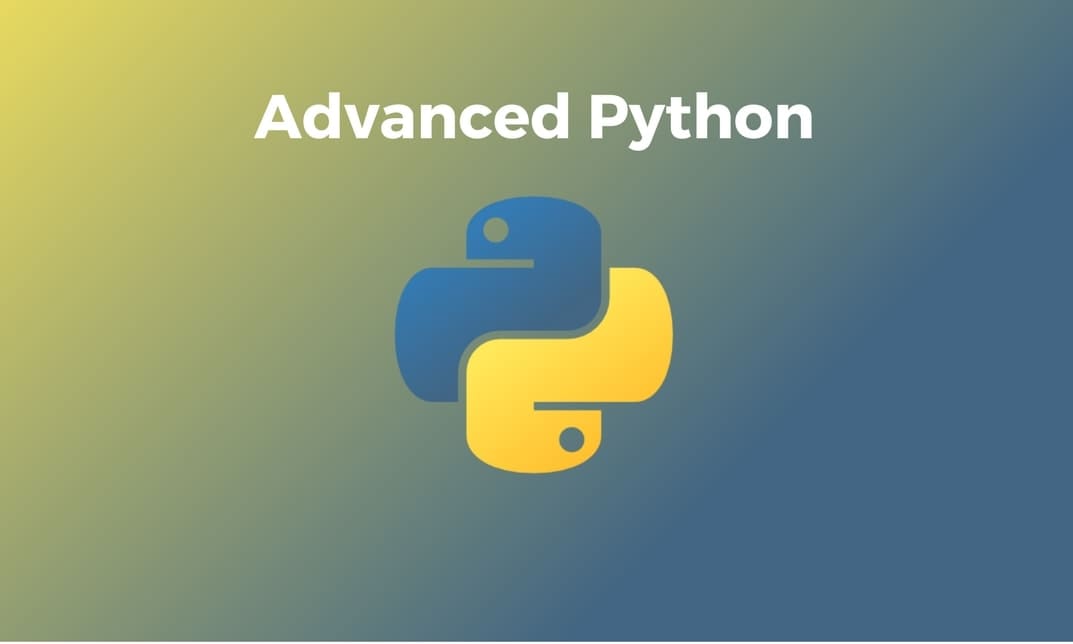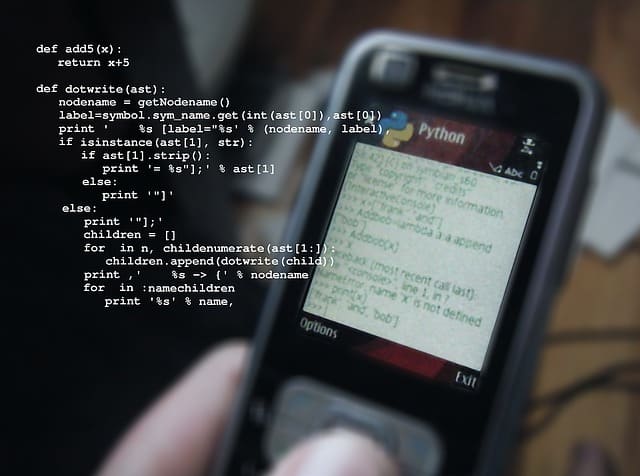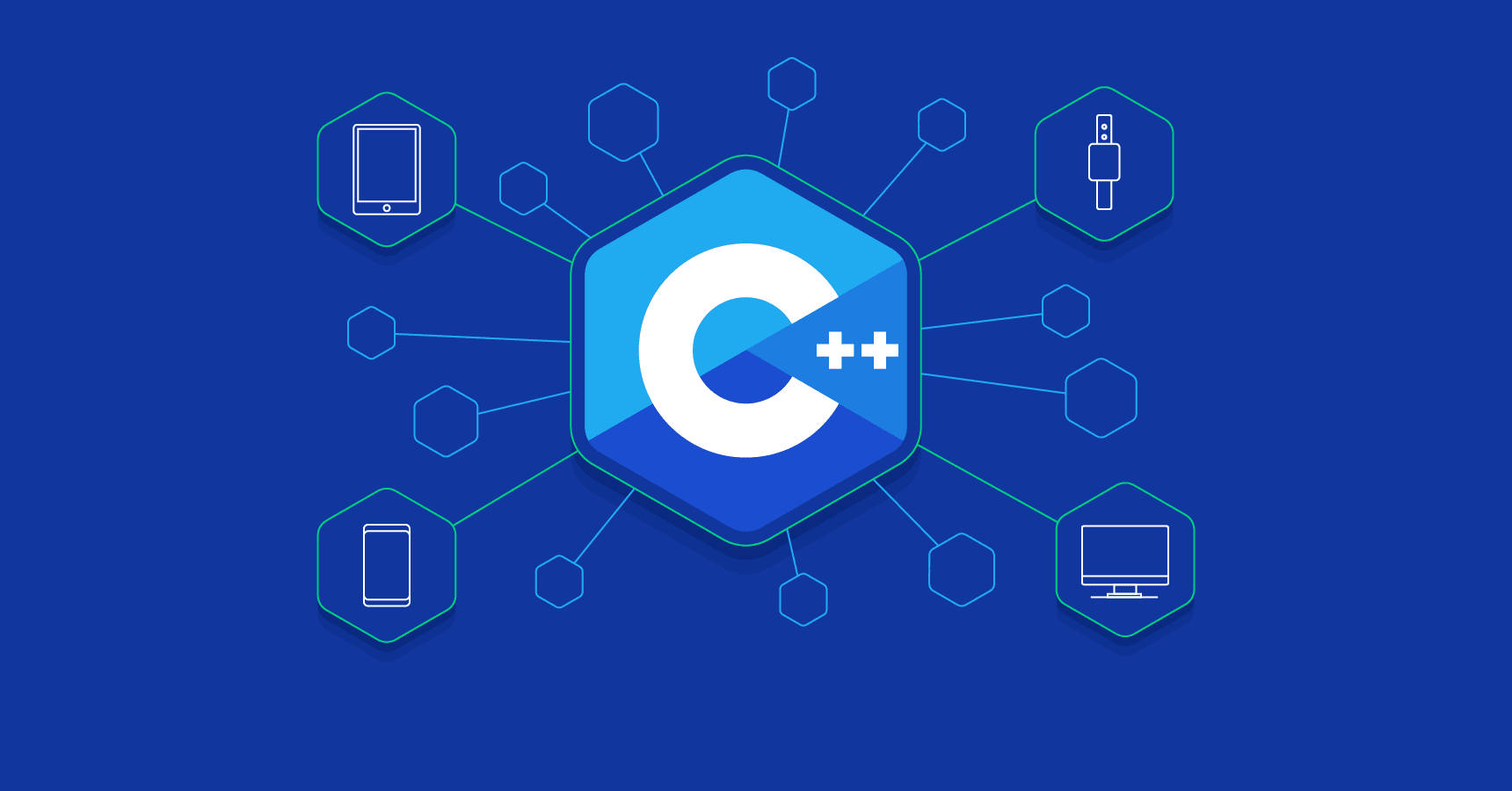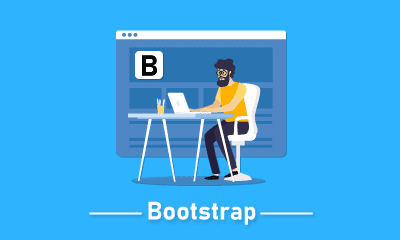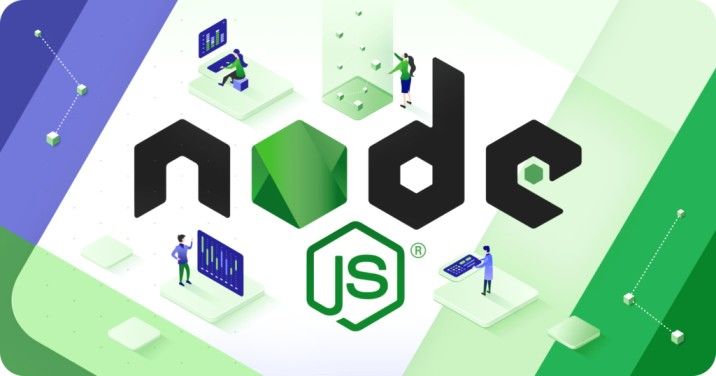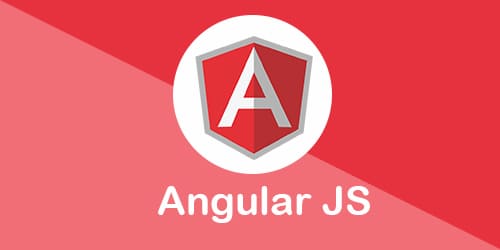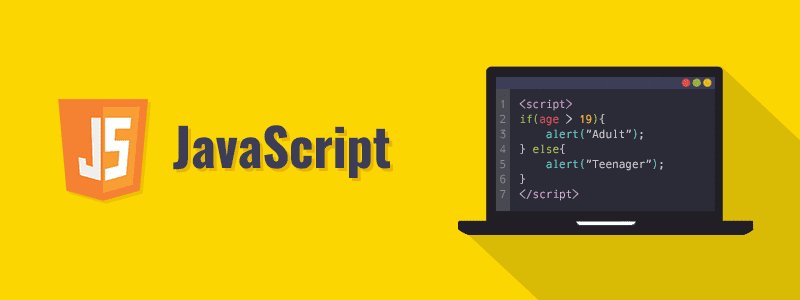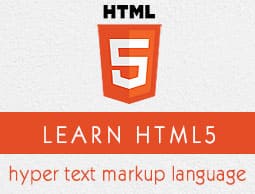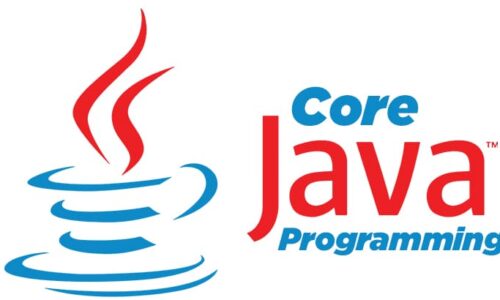What’s Included
1 project file
11 chapter quizzes
Access on tablet and phone
Certificate of completion
Course Description
Learn the basics of Java programming language, including syntax, data types, variables, operators, and control flow statements.Understand key OOP concepts such as classes, objects, inheritance, polymorphism, and encapsulation, essential for building robust and modular Java applications.Explore the Java Standard Library (Java API) and its core packages for performing common tasks such as input/output (I/O), string manipulation, collections, and exception handling.
What You Learn
Learn the basics of Java programming language, including syntax, data types, variables, operators, and control flow statements. .
Learn the basics of Java programming language, including syntax, data types, variables, operators, and control flow statements.
Learn the basics of Java programming language, including syntax, data types, variables, operators, and control flow statements.
Learn the basics of Java programming language, including syntax, data types, variables, operators, and control flow statements.
Curriculum
Module 1: Introduction to java
- Software development kit for Java
- Standard libraries for Java applications.
- Featuring a compiler, development tools, Java Runtime Environment (JRE).
- Enhances program reliability by gracefully managing unexpected situations.
- Simple demonstration of printing text to the console.
Module 2: Tokens
- Introduction to Tokens
- Character set keywords
- Understanding tokens is fundamental to the efficiency and robustness of the software development process.
- Definition and Purpose of Variables.
- Importance in Programming.
- Understanding the concept of constants as fixed values.
- Understanding operators as symbols that perform operations on operands.
- Overview of arithmetic operators: addition, subtraction, multiplication, division, and modulus.
Module 3: Decision Making Statements
- Understanding the role of conditional statements in decision-making.
- Best practices for utilizing switch-case effectively.
- Application of conditional making statements in solving practical problems.
- Real-world scenarios to reinforce the understanding of decision-making in programming.
Module 4: Looping Statements
- Introduction to loops as control flow structures in java.
- Overview and Use Cases.
- Incorporation of one loop structure within another.
- Altering the flow of execution within loops.
Module 5: Array
- Introduction to arrays as collections of elements.
- Understanding the significance of arrays for organizing and manipulating data.
- Application of arrays to solve real-world programming challenges.
Module 6: Enumerated types
- Understanding Enumerated types.
- Accessing Enum Constants.
Module 7: Methods
- Introduction to Method.
- Different ways of passing parameters to functions.
- Definition and explanation of passing parameters by value.
Module 8: Enhanced for-loop Enumerated types
- Introduction to Enhanced For-Loop.
- Enhanced for-loop Enumerated types.
Module 9: OOP in java Class and object
- Improved code structure and organization by representing entities as objects.
- Enables the implementation of real-world scenarios in a programming context.
- Facilitates a modular and structured approach to software design.
- Hierarchical organization facilitates easier maintenance and updates.
Module 10: Constructors and destructors in classes.
- Constructor overloading with multiple constructors in a class.
- Destructor and its role in resource management.
- Introduction to constructors as special member functions for initializing objects.
- Best practices for destructor implementation.
Module 11: Inheritance
- Introduction to inheritance as a mechanism for code reuse.
- What are Interfaces in Java.
Module 12: Encapsulation and Abstraction
- Introduction to encapsulation as the bundling of data and methods.
- Understanding a class as a blueprint for creating objects.
- Application of getter and setter methods through hands-on coding exercises.
Module 13: Polymorphism
- Introduction to polymorphism as the ability of objects to take multiple forms.
- Clearing understanding of rules for successful function overloading.
- Understanding how polymorphism enhances code flexibility and extensibility.
- Introduction to virtual functions as a mechanism for achieving runtime polymorphism.
Module 14: Packages ,Exception Handling ,File Handling
- Package Declaration .
- Importance of Exception Handling.
- Introduction to File Handling.
- File Input/Output Operations.
Module 15: Multithreaded Programming ,Network Programming
- Multithreaded Programming.
- Introduction to Multi-Threading.
- Introduction to Networking InetAddress URL.
- Enables the creation of various collections like lists, sets, and maps, with the ability to traverse and manipulate their elements.
Module 16: Introduction to generics
- Using Built-in Generics Collections.
- Writing Simple Generic Class ,Bounded Generics ,Wild Card Generics
Module 17: Inner Classes
- Briefly introduce the types of inner classes to be covered.
- Discuss the benefits of organizing related classes within the same file.
